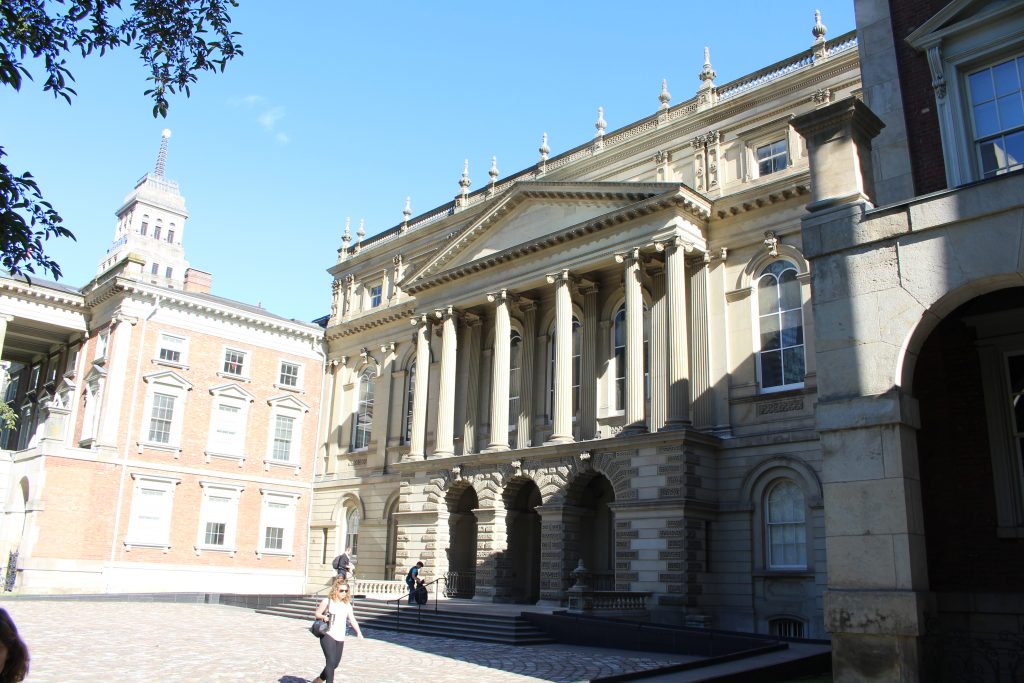
Should the law accommodate religious conscience in the definition of death?
That question was the essence of the recent Ontario Court of Appeal (ONCA) McKitty decision (McKitty (Litigation guardian of) v. Hayani 2019 ONCA 805) written by Justice Bradley Miller on behalf of the unanimous court.
Taquisha McKitty, 27, was on life support for several months. Even though her body’s organs were capable of continuing all normal functions, the fact remained she was brain dead (as defined by a total loss of neurological function). Ontario does not have any legislation that defines death, but statutory references are premised on the medical profession and common law definition.
Her parents challenged the constitutionality of those definitions through an action against the physician who signed the death certificate. The challenge was based on McKitty’s Christian belief that death does not occur until the heart stops beating and hence that to remove her from life support would constitute intentional killing.
The lower court ruled that the Charter did not apply as the physician was a private party, not a state actor. After arguments were made at the Court of Appeal, McKitty’s heart stopped beating and the appeal became moot. However, the ONCA held it necessary to address the methodology of applying “Charter values” to the development of the common law and to clarify the definition of death in common law. I only have space in this piece to consider the latter question.
On the common law definition of death, the court declared, “Who the common law ought to regard as a human being — a bearer of legal rights — is inescapably a question of justice, informed but not ultimately determined by current medical practice, bioethics, moral philosophy and other disciplines.” Thus, the common law does not simply defer the legal definition of death to the medical profession but considers a much richer and fuller analysis. As the court observed, “the enquiry is not ultimately technical or scientific: it is evaluative.”
This reassertion of the law’s sensitivity to human uniqueness as more than the sum of our parts is refreshing. For far too long, our materialist society has ignored the deeper meanings and purposes of human life. It may be trite to say that we are not what we wear, do, or own — we have meaning because we are. Just exactly who and what we are is the subject of rich engagement with the very disciplines the court noted.
Recognizing that life cannot be reduced to mere technicalities or scientific measurements gets us to the matter of religious conscience and death under the Charter. The lower court denied that McKitty had Charter rights because she was physically incapable of exercising rights and the framers of the Charter did not intend it to apply to “brain-dead patients.”
This position, in my view, works only from a lens that does not appreciate the inherent dignity and value of all human life. It is a mechanical view that can lead to serious problems. As Justice Miller held, the rejection was too broad.
“A great many persons,” observed Justice Miller, “by reason of immaturity, decline, or other physical or mental impairment, have little or no present ability to exercise many, if not most, of the rights and freedoms guaranteed by the Charter. These impairments have no bearing on their status as subjects of Charter rights. Furthermore, at least some of the Charter rights protect not only one’s interest in doing, but simply in being.
“The rights govern how one is to be treated by others. These include, for example, the right not to be deprived of life and the right to equal benefit of the law.” Indeed. And, as to the notion of what was intended, Justice Miller held that the presumption of the Charter language must be given an inclusive meaning — “Denying the opportunity to make the argument, on the basis of a criterion whose constitutionality is the subject of the litigation, begs the question that is in dispute.”
I suspect this decision will generate significant discussion on many fronts, but its anthropocentric concerns regarding death are a welcomed addition to Charter jurisprudence. And, I might add, the willingness to address religious conscience in future cases of this type is step in the right direction.
This piece was originally published on The Lawyers Daily on Monday, December 09, 2019, https://www.thelawyersdaily.ca/articles/17155/charter-on-death-religious-conscience-legislation-barry-w-bussey


